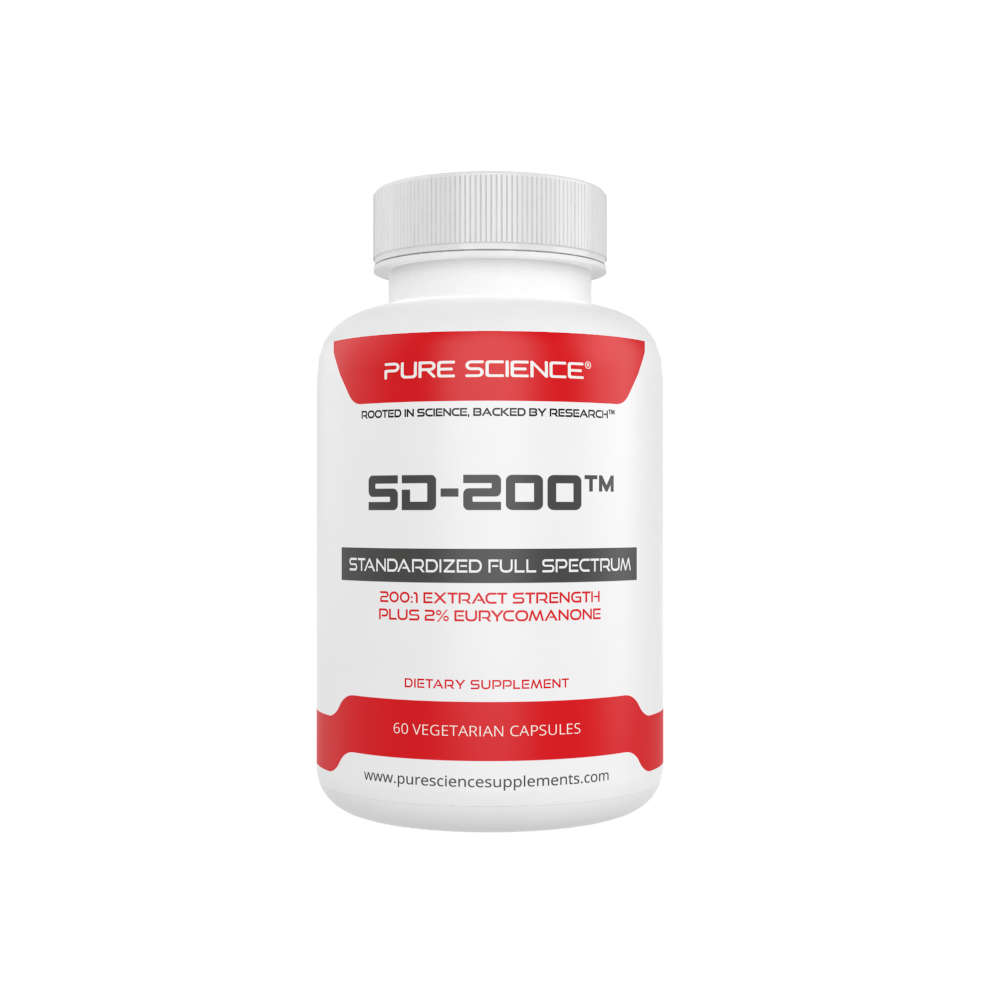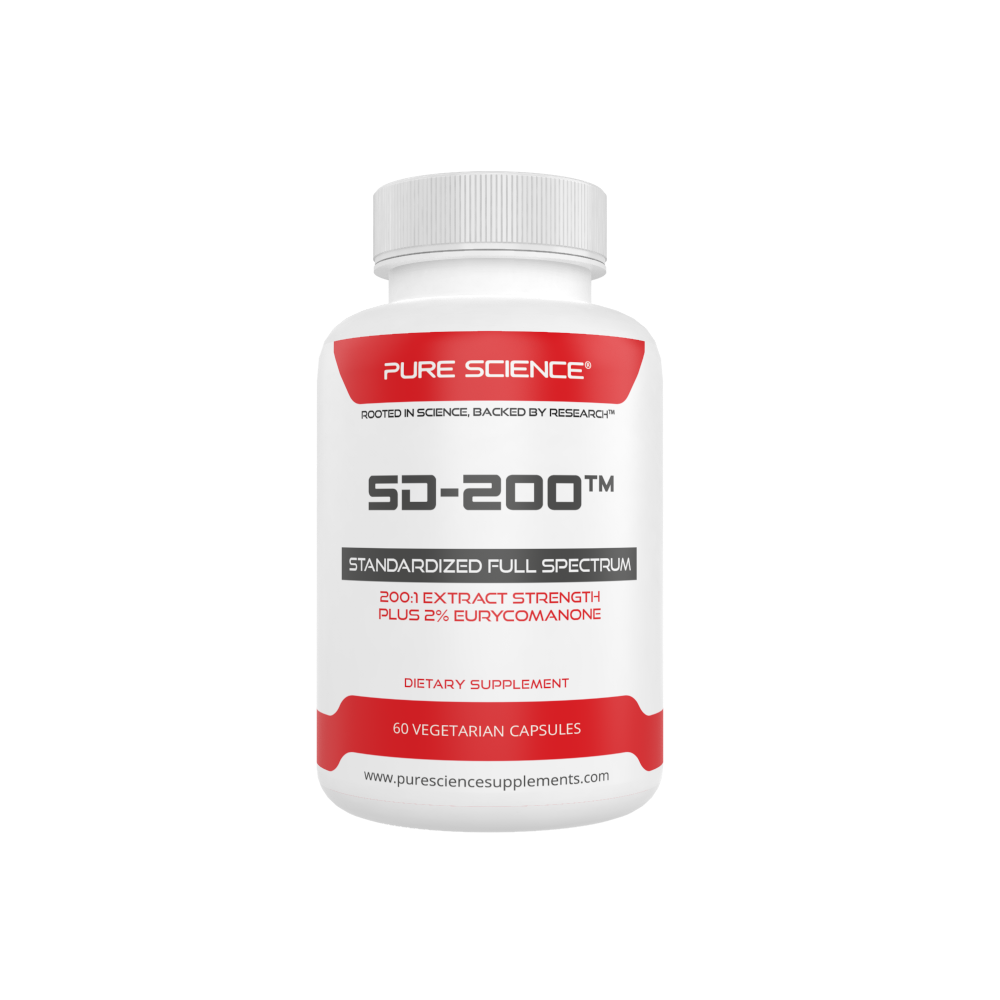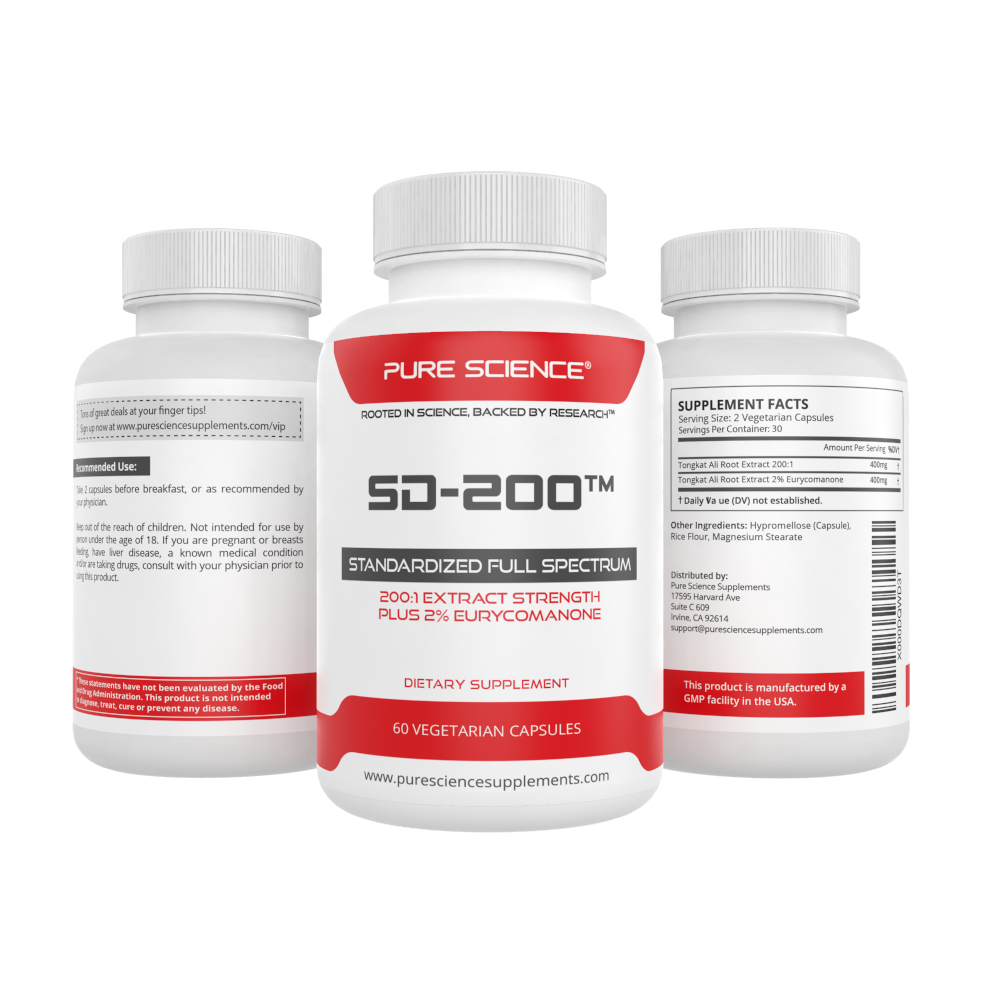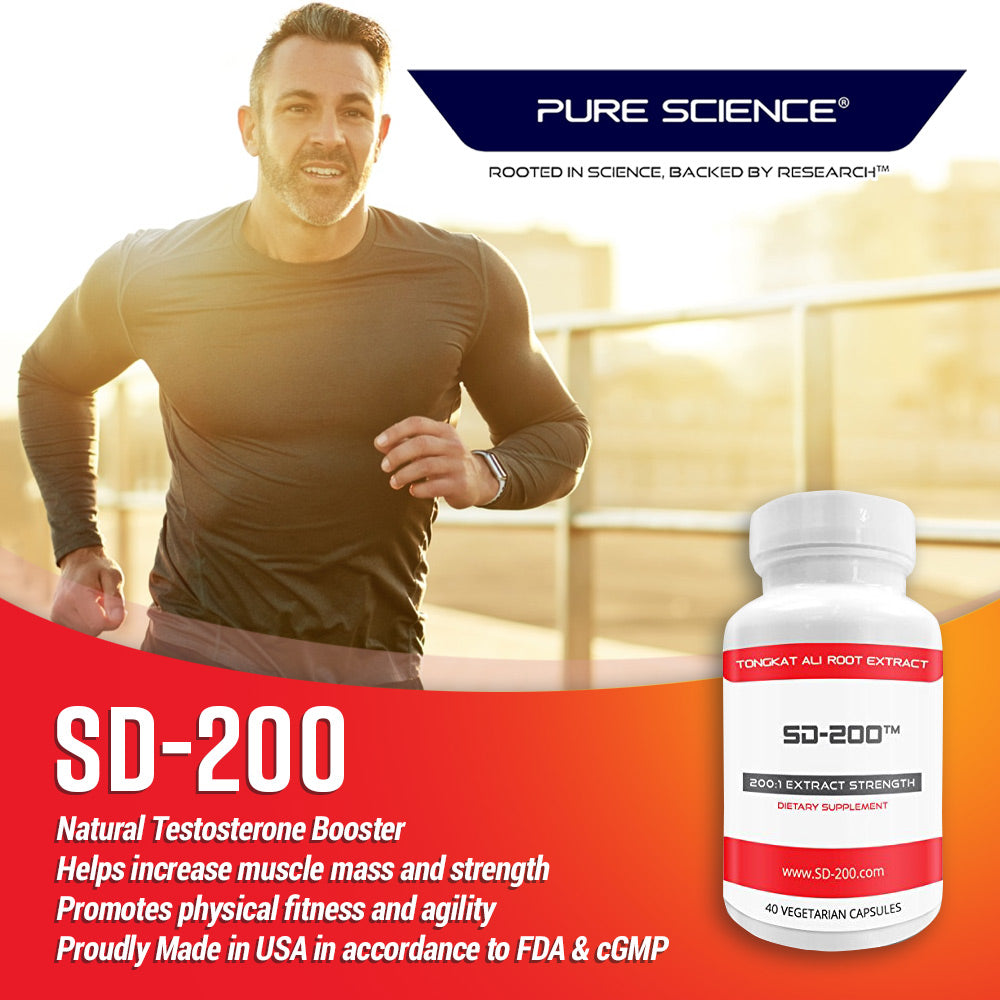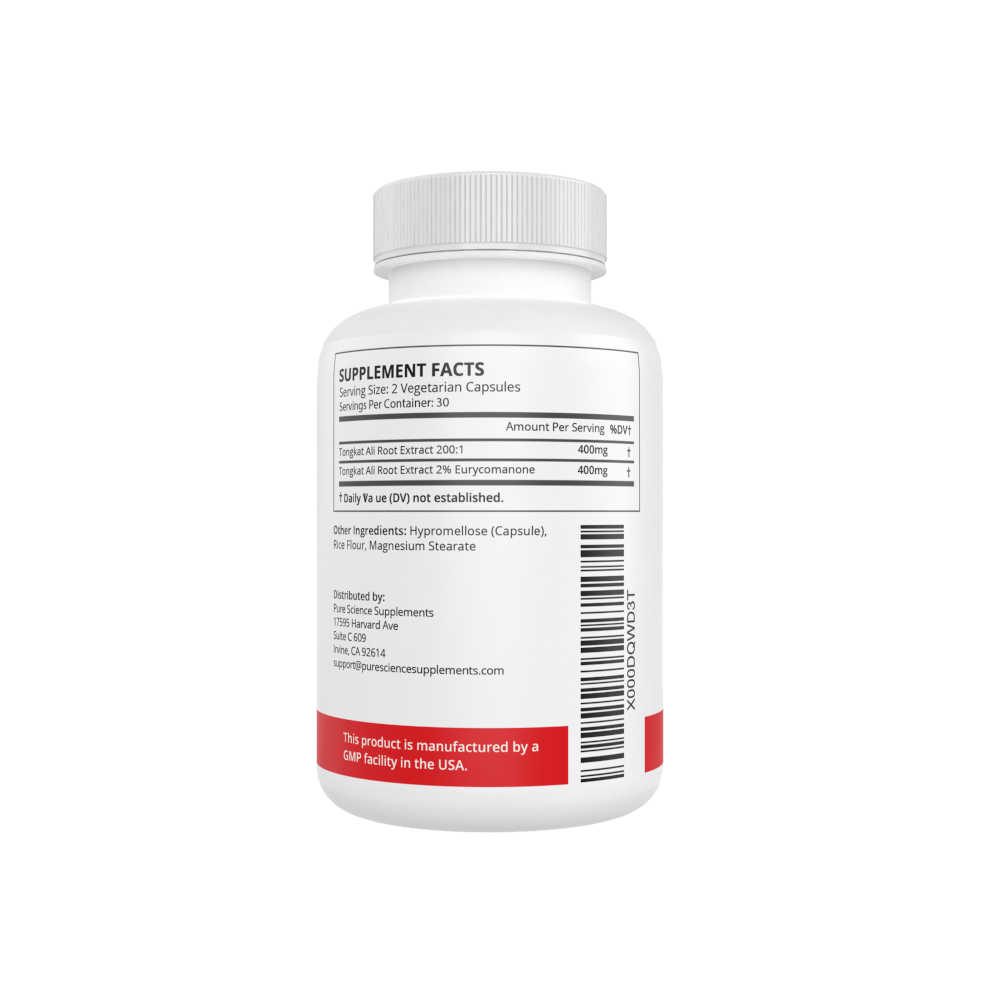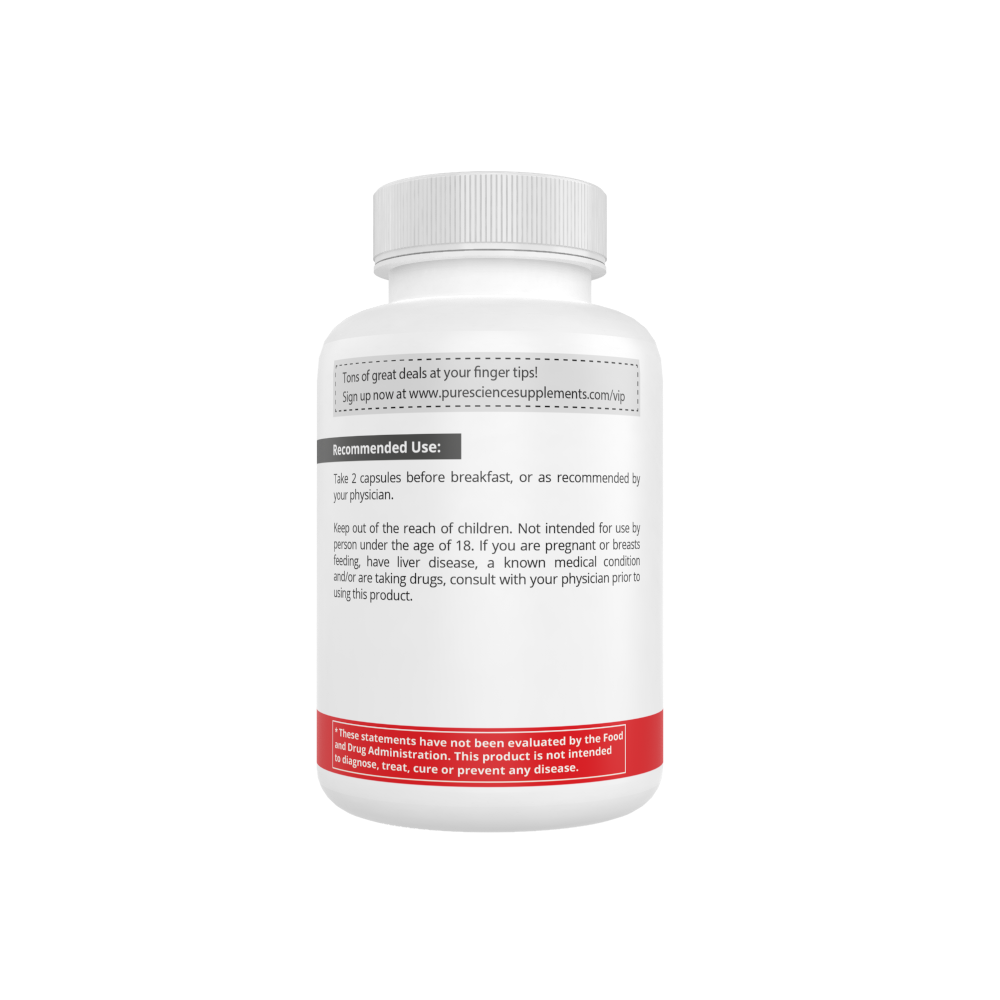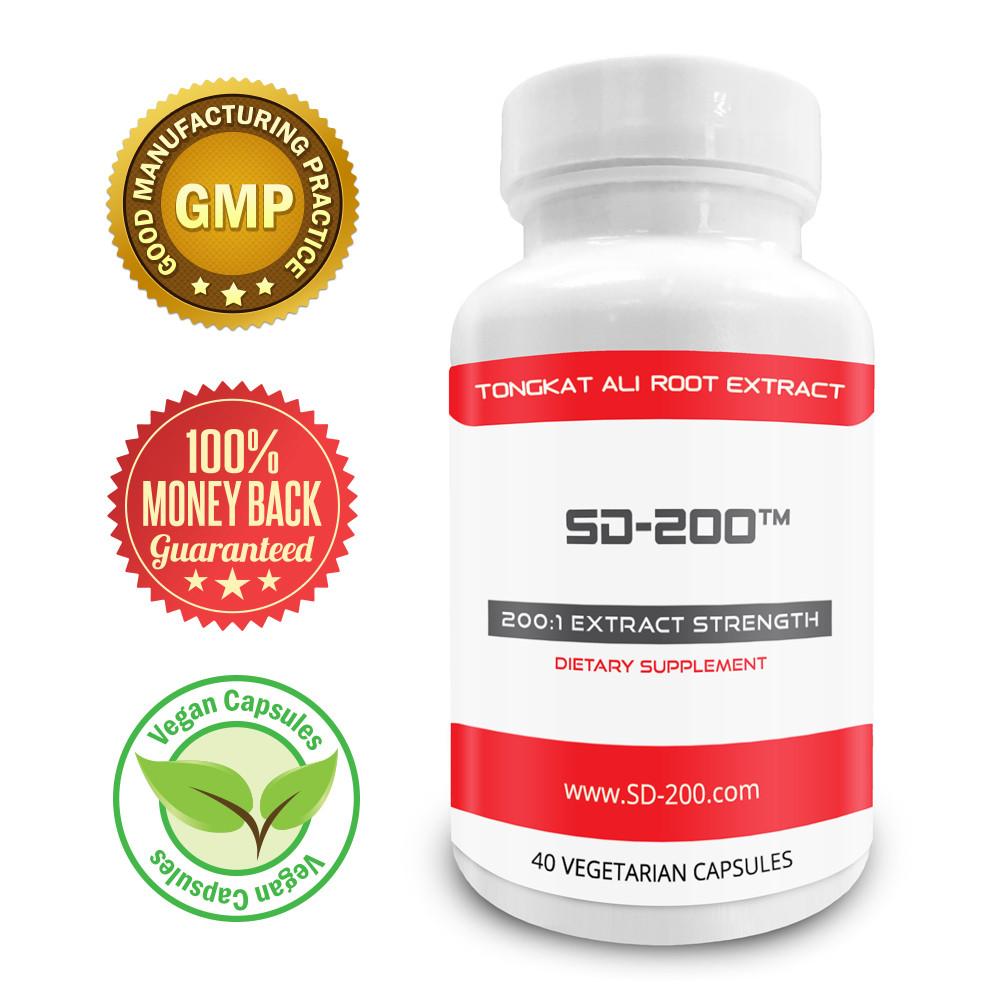Joint pain and inflammation can be a debilitating and frustrating condition that affects people of all ages. It can appear in a variety of ways, from minor discomfort to chronic pain that limits mobility and interferes with daily activities. Swelling, tenderness, stiffness, redness, and warmth around the affected area are all symptoms of joint pain and inflammation. Joint pain can sometimes cause weakness or a decreased range of motion, making it difficult to perform daily tasks. Injuries, overuse, and certain medical conditions, such as arthritis, can all cause joint pain and inflammation. While medications and treatments are available to help manage joint pain, some people prefer to look for natural remedies that may provide a more holistic approach to joint health. Tongkat Ali is one such remedy that has long been used in Southeast Asia for its medicinal properties and has recently gained attention for its ability to relieve joint pain and inflammation.
History
Tongkat Ali, or Eurycoma longifolia, is a flowering plant native to Southeast Asia, specifically Malaysia and Indonesia. It has been used in traditional medicine for centuries to treat a variety of conditions, including fever, fatigue, and sexual dysfunction. Tongkat Ali has recently gained attention for its ability to relieve joint pain and inflammation.
How it works
Tongkat Ali is thought to work by lowering inflammation and oxidative stress in the body, which are both common causes of joint pain and inflammation. Inflammation is the body's natural response to injury or infection, but chronic inflammation can cause tissue damage and contribute to the development of diseases like arthritis. Tongkat Ali contains compounds known as quassinoids, which have anti-inflammatory properties. These compounds can help to reduce the body's production of inflammatory molecules, reducing inflammation and relieving joint pain.
Tongkat Ali may help to reduce oxidative stress in addition to its anti-inflammatory effects. When there is an imbalance between free radicals and antioxidants in the body, it causes oxidative stress, which can lead to cell damage and inflammation. Tongkat Ali contains antioxidants, which can aid in the neutralization of free radicals and protect the body from oxidative stress. Tongkat Ali may help to support joint health and reduce the risk of joint damage and pain by reducing both inflammation and oxidative stress.
Furthermore, Tongkat Ali has been shown to increase collagen production, a protein that is essential for the health of joints and connective tissue. Collagen gives the joints structure and support, and it is required for the formation of cartilage, the cushioning tissue that protects the joints. Tongkat Ali may help to stimulate collagen production, promoting joint health and lowering the risk of joint damage.
While the precise mechanism of action of Tongkat Ali on joint health is unknown, its anti-inflammatory, antioxidant, and collagen-promoting properties make it a promising natural remedy for supporting joint health and reducing joint pain and inflammation.
Studies and result
Several scientific studies have looked into the potential benefits of Tongkat Ali for joint health, and the results have been promising. In 2011, a study published in the Journal of Ethnopharmacology looked at the effects of Tongkat Ali on arthritis in rats. The study included 36 rats divided into six groups and given varying doses of Tongkat Ali. Tongkat Ali significantly reduced inflammation and oxidative stress in the rats' joints, and higher doses of Tongkat Ali were more effective at reducing these inflammation and oxidative stress markers.
Another study published in the Journal of Dietary Supplements in 2019 looked at Tongkat Ali's effects on joint pain and inflammation in humans. For eight weeks, 30 people with moderate knee osteoarthritis were given either a Tongkat Ali supplement or a placebo. The participants were assigned at random to either receive 200mg of Tongkat Ali extract or a placebo daily. When compared to the placebo group, the Tongkat Ali group experienced significant improvements in knee pain, stiffness, and physical function. Furthermore, no side effects were reported by the Tongkat Ali group.
Another 2020 study published in the Journal of Traditional and Complementary Medicine looked at the effects of Tongkat Ali supplements on joint pain and inflammation in healthy adults. For four weeks, 59 participants were given either a Tongkat Ali supplement or a placebo. The participants were assigned at random to either receive 200mg of Tongkat Ali extract or a placebo daily. The researchers discovered that the Tongkat Ali group had significantly lower inflammatory markers than the placebo group, implying that Tongkat Ali may have anti-inflammatory effects in both healthy adults and those with joint pain.
According to the studies, the recommended dosage of Tongkat Ali extract for joint health varies. According to the studies, a dose of 200mg of Tongkat Ali extract per day for at least 4 to 8 weeks is recommended for joint pain and inflammation. Before taking any supplements, always consult with a healthcare professional.
In conclusion, scientific research on Tongkat Ali suggests that it could be a promising natural remedy for reducing inflammation and joint pain. Tongkat Ali significantly reduces inflammation and oxidative stress in rats and humans, resulting in a reduction in joint pain and improved physical function. More research, however, is required to fully understand the potential benefits of Tongkat Ali on joint health.
Recommended Dosage
According to the available research, a daily dose of 100-200mg of Tongkat Ali extract is generally recommended for joint health. Tongkat Ali, on the other hand, can interact with some medications and may not be suitable for everyone. It is always best to consult with a healthcare professional before using any supplement or natural remedy.
Conclusion
While more research is needed to fully understand the benefits of Tongkat Ali for joint health, the existing studies suggest that it may be a useful natural remedy for reducing inflammation and joint pain. Tongkat Ali should be used under the supervision of a healthcare professional, as with any supplement or natural remedy, and potential interactions with medications should be avoided.
Reference
- Hamzah, S. and Yusof, A. (2003). The ergogenic effects of Eurycoma longifolia Jack: a pilot study. British Journal of Sports Medicine, 37(5), pp. 464-470.
- Kuo, P. C., Damu, A. G., Lee, K. H., Wu, T. S. (2004). Cytotoxic and antimalarial constituents from the roots of Eurycoma longifolia. Bioorg Med Chem, 12(3), pp. 537-44.
- Cheema, M. S., Zahid, N., Anwar, M. A., Choudhary, M. I. (2016). Eurycoma longifolia: Medicinal Plant in the Prevention and Treatment of Male Osteoporosis due to Androgen Deficiency. J Ethnopharmacol, 175, pp. 199-218.
- Matsumoto, K., Mizuno, K.,





